Crime in Four-Four Time
History knows crimes without victims. But some crimes have no victims other than the air itself — sound, style of life. In the 1930s and beyond, in Stalinist Russia, Nazi Germany, Fascist Italy and other regimes, jazz wasn’t just banned. It was labeled a hostile ideology. Incompatible with discipline, order, military march.
They said jazz corrupts. Because it improvises. And what’s more dangerous than a man who doesn’t play by the notes?
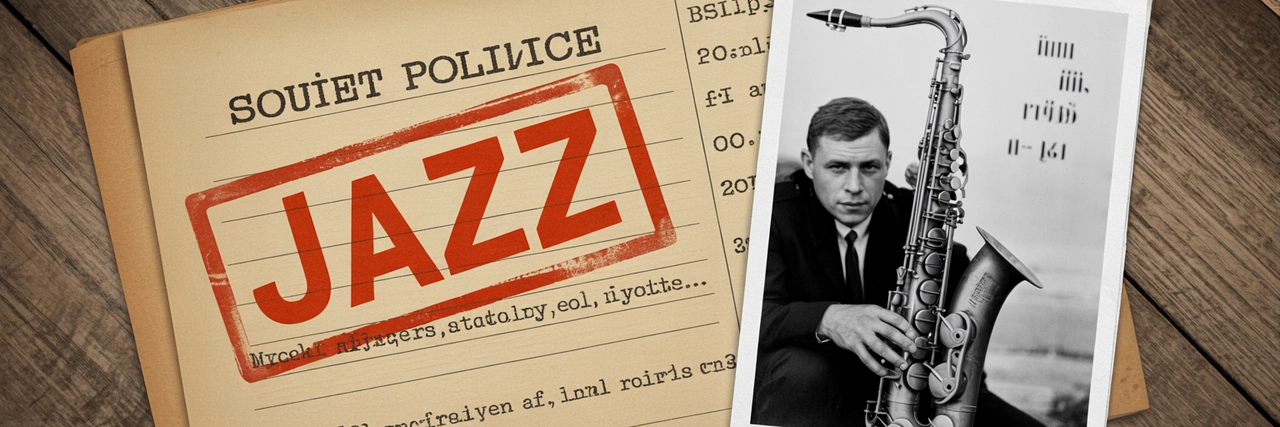
I found an interrogation transcript from 1948. A musician was arrested for playing “Western decadent music” in a restaurant in Sverdlovsk. He told the investigator: “I didn’t think. I just played… so people would smile.”
He got five years in a labor camp. For smiles.
These stories were not exceptions. They were the system. In Poland, Hungary, USSR — thousands hid their instruments. Before concerts, someone stood guard by the windows: “Police are coming!” — and the music stopped mid-note, like a life cut short.
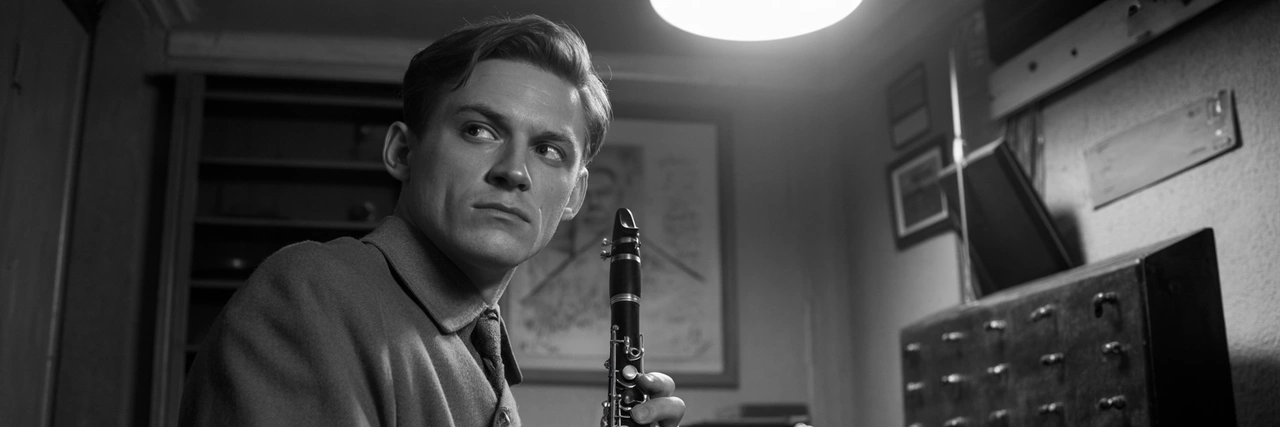
Jazz was considered a cipher. A musical telegram about freedom that could infect minds. In the Third Reich newspapers, they called it “Negermusik — the art of subhumans.” Musicians were called “jazz Jews.” Dancing to swing was evidence of moral decay.
But the ban didn’t kill the music. It only made it quieter. Secret. Passed hand to hand like samizdat. Listened to under blankets. Recorded secretly on tape decks in bathrooms to muffle the sound from neighbors. It was no longer entertainment. It was resistance.
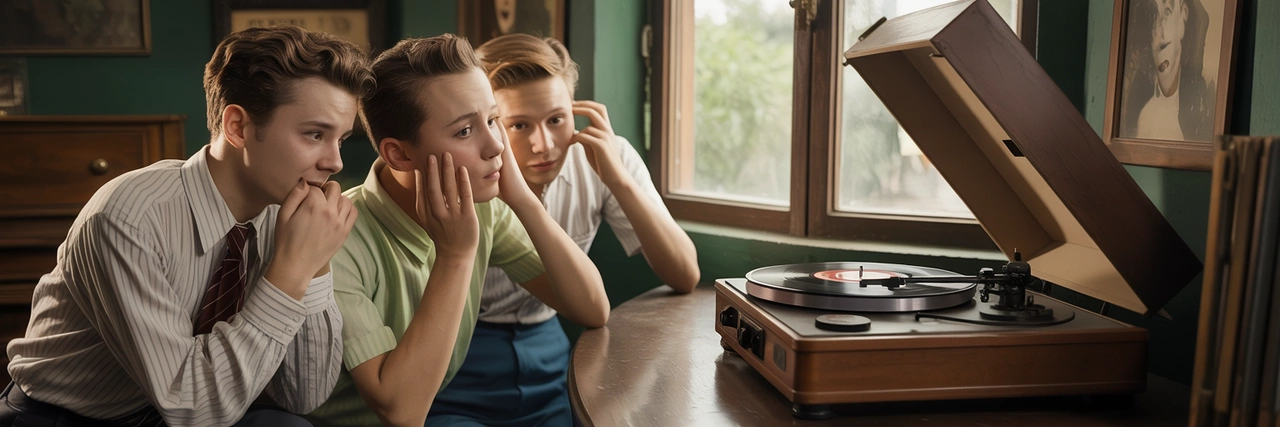
Paragraph 4: Jazz in chains — still alive
Even in the Gulag, jazz was heard. Sometimes during “official” prisoner concerts for the guards. Sometimes secretly, when someone found an old accordion and tapped syncopated rhythms with knuckles.
One prisoner later wrote:
“I forgot my wife’s face. But I remembered the G major chord on my broken guitar.”
When there’s no freedom, the body is imprisoned, the soul in fear… all that’s left is rhythm. A small personal rebellion in four bars.
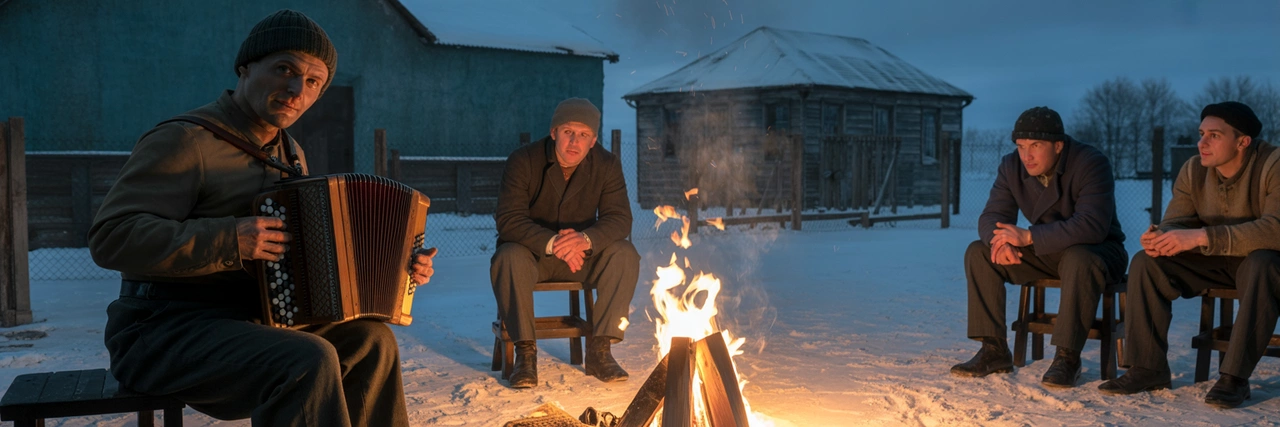
Final: Evidence of guilt — love of freedom
I listen to jazz at night — not as a genre, but as a language. It still sounds illegal, as if through bars. There’s something familiar in that. Something that says:
Live like you’re a saxophone in a country where saxophones are banned.
Because that is true freedom. It doesn’t shout. It improvises.
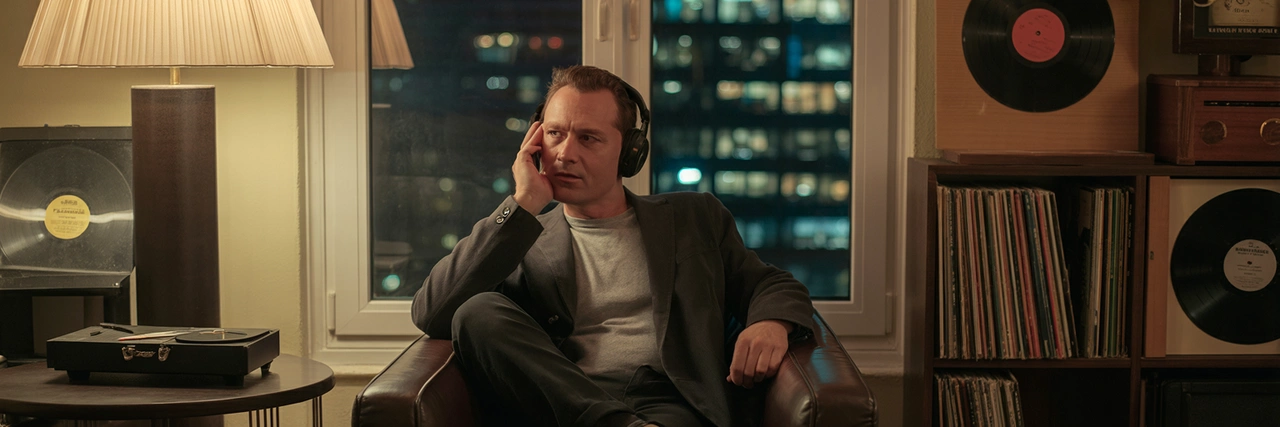
Close